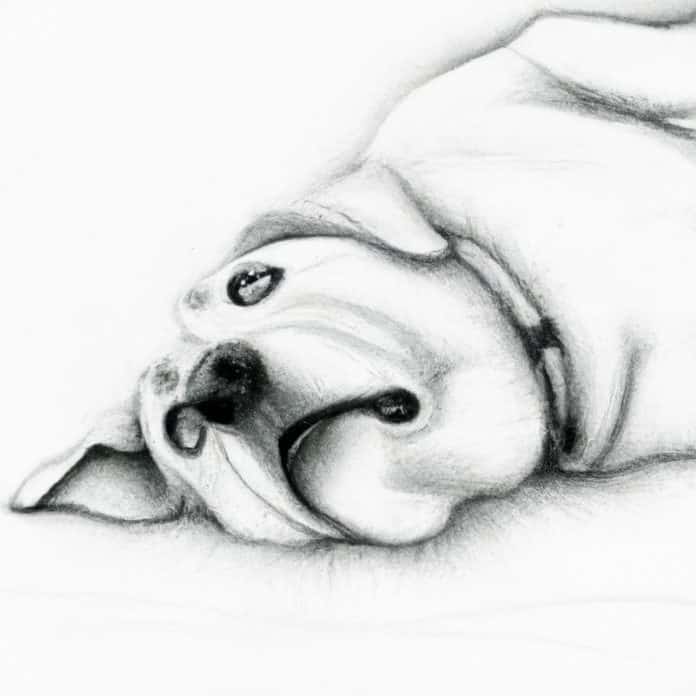Dear VetBabble: Is Tarry Stool Normal After My Dog Has Been Treated for Vomiting Blood Due to an Ulcer?
One of our caring pet owners recently experienced a distressing situation in which their 8-year-old Boston Terrier was admitted to the emergency room for vomiting blood due to an ulcer. After being discharged, the pet parent noticed that their dog now has a tarry stool but appears to be acting fine. They want to know if this is normal and whether they will need to continue monitoring their dog for any issues with appetite and behavior.
We understand how alarming it can be to witness a beloved pet go through such a challenging health condition. In this article, we’ll discuss the possible reasons for the presence of tarry stool, its significance, and when it is necessary to consult a veterinarian. Our aim is to provide information and assurance to pet owners who may find themselves in a similar situation.
Understanding Your Dog’s Tarry Stool
A tarry stool in dogs is usually a result of the presence of digested blood in the feces, leading it to appear dark and/or sticky. This can occur when there has been bleeding in the upper gastrointestinal tract, such as in the case of an ulcer. It is possible that the tarry stool is a sign of your dog’s body clearing out the blood from the system, but it is also important to closely monitor your dog’s overall condition and consult the veterinarian if you have concerns.
For additional information on more general digestive issues like diarrhea and vomiting, we encourage you to read our articles on Why Does My Dog Have Diarrhea? and Vomiting in Dogs: Causes, Treatment & When to Worry.
When to Worry About Your Dog’s Diarrhea and Stool Changes
Although tarry stool may be somewhat expected after a gastrointestinal bleed, it is essential to monitor your dog for any negative changes in their condition. Look out for any of the following symptoms or issues:
- Persistence of tarry stools or new signs of blood in the stool
- Continued vomiting or signs of gastrointestinal discomfort
- Changes in appetite or signs of dehydration
- Unusual lethargy or sluggishness
- Any other signs of illness or distress
If you observe any of these concerns in your dog, it is important to contact your veterinarian promptly. Read more about Diarrhea in Dogs: When to Worry.
Monitoring Your Dog’s Health After a GI Bleed
It is crucial to keep in touch with your veterinarian during your dog’s recovery. This includes providing updates on your pet’s condition and adhering to recommended treatment plans and follow-up appointments. Your veterinarian will be able to advise you on whether the tarry stool is a normal part of the recovery process or a sign of a more serious issue that warrants further intervention.
An underlying condition, such as liver disease, may be causing the gastrointestinal bleeding and tarry stool in your dog. It is crucial to have your dog thoroughly checked for any hidden health issues, especially if they have a history of recent illness or other concerning symptoms. To learn more about liver disease in dogs, we recommend you read our article on Liver Disease in Dogs.
In summary, while a tarry stool may be an expected symptom after a GI bleed, it is important to closely monitor your dog’s health. Reach out to your veterinarian promptly if you witness any concerning signs or symptoms, and prioritize regular communication with your vet during your pet’s recovery process. Your vigilance and care can make all the difference in ensuring a healthy and happy future for your canine companion.









